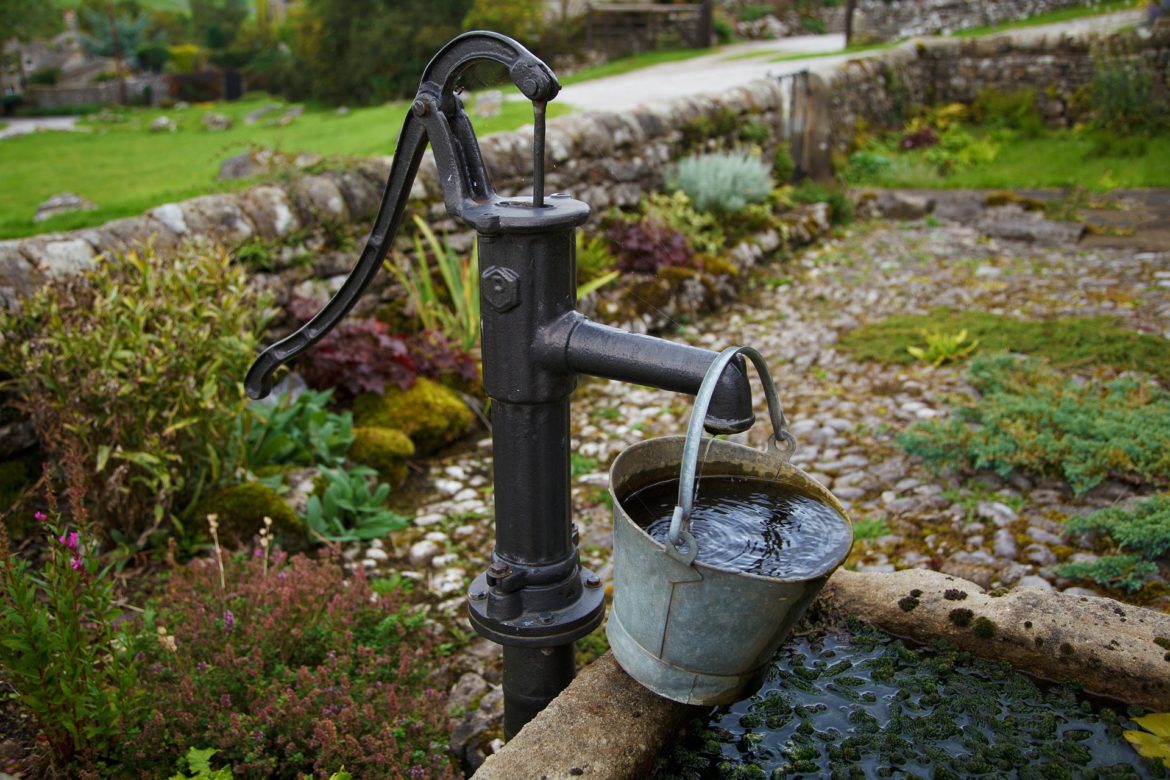By far, water is the most important commodity for human life because we can’t survive more than three days without it. Whenever we are planning to build a homestead, we need an off-grid water source. Moreover, the municipal water lines source is not a suitable option for any homestead. It’s always a wise decision to set up multiple options in our off-grid water system because it enhances our self-reliance for both backup and primary use.
That’s why we have come up with this inclusive guide on how to plan and build a reliable off-grid water system.
Off-Grid Water Systems Design Philosophy
One of the most important factors while planning for an off-grid water system is water storage. We should store as much water as possible and it should be close to the homestead. It allows us to utilize water with efficiency, and there are multiple ways to fill the cistern. For a typical homestead, The most recommended water storage is about 400-1000 gallons.Another advantage of storing water in a cistern is that it allows us to utilize water over the course of time and minimizes our plumbing equipment needs.
Off-Grid Water System Cost Factors
Although our choice of water source mainly depends upon the water resources in our geographical location. Each water source requires its type of equipment, building hassle, and costs. Another critical factor to keep in mind is the quality of water because we need pure and healthy water.
Although the water needs for gardens and livestock is also important, it doesn’t require much cleanliness. For that matter, we need some extra equipment for purification purposes because there are some contaminants that can’t be rectified without the necessary equipment.
Power Sources
Off the grid, homes, and properties are typically located in open and remote places. That’s why using the solar panels or the wind turbines to generate power for our homestead is recommended. Not only it saves us a lot of money, but it can provide us with water regularly.
The Best Off-Grid Water Systems and Sources
There are several options available than we usually realize for off-grid water sources, and some of the best ones are listed below.
Well
Undoubtedly the water wells are the most used water source for homesteads. Since the dawn of human civilization, people are using water wells and for good reasons. They provide us with a constant and freshwater source. But the most impactful drawback of building a water well is that they are costly. The average cost in the United States for typical water well with 150 feet depth is around $5500, and the price increases with the depth of the water well. But once the well is ready to provide water, the maintenance cost is almost negligible.
In order to determine the depth of the water well in a particular area, the water table is most commonly used. Places like arid lands and deserts, the depth of a water well can even reach about 1000 feet. Whereas, the water table can be as shallow as about 100-150 feet in the wetter areas.
If you strongly believe that water well can solve all of your problems, then you must go through the requirements and precautionary measures about water wells.
Manual or Hand Pump
For people who are on a budget, there is no better option than a hand pump as an off-grid water source. Many homesteads and off-grid homeowners, whether they have an electric pump or other water sources, prefer to have a hand pump as well. It serves as an alternate and backup water source in emergency cases when the other water sources face any issues.
Although the hand pumps are old fashioned, they still work quite amazingly. If you’re on a budget, or you want to have a backup water source, then consider buying a hand pump and get it installed.
Moreover, you can also DIY (Do it Yourself), and we recommend you to learn how to install it or add it with your electric well.
Rainwater
Collecting and putting the rainwater into use is never a bad option. Not only it allows us to save water that we consume daily, but it can also be used to provide our animals with it. But the most important factor about rainwater to keep in mind is that it can’t serve us for a more extended period of time. Anyhow, if it even helps only for a decent time, there is nothing wrong about it.
But if you want to use the rainwater for drinking purposes, it’s imperative to perform a little research on purifying the rainwater. Many of us living off the grid, install a water purification system to use it for drinking purposes.
It substantially saves us the amount of water we consume from the other water sources.
Natural Water Sources
We, as human beings, are using natural water sources such as rivers, ponds, springs, streams, etcetera, pretty much forever. But with time, people can’t merely use natural water sources because of many reasons. The most prominent of the reasons is that it’s not legal to use natural water sources in most parts of the United States and also the rest of the world.
According to the statutory law, the Appropriative Water System determines and approves that who can use the natural water sources. With that said, most of the homestead and remote property owners don’t have the legal right to the natural water present in their property. But it’s only for those people who want to use natural water sources for their fields and industrial uses.
Using it for a basic household and drinking needs, it’s entirely legal, and we can acquire it from our nearest river, pond, or natural springs.
Conclusion
We hope that these water source options help you to keep your wheels turning and allow you to make your off-grid property works more effectively. It will also enable you to prepare yourself for emergencies because no matter what, water has to be there.

